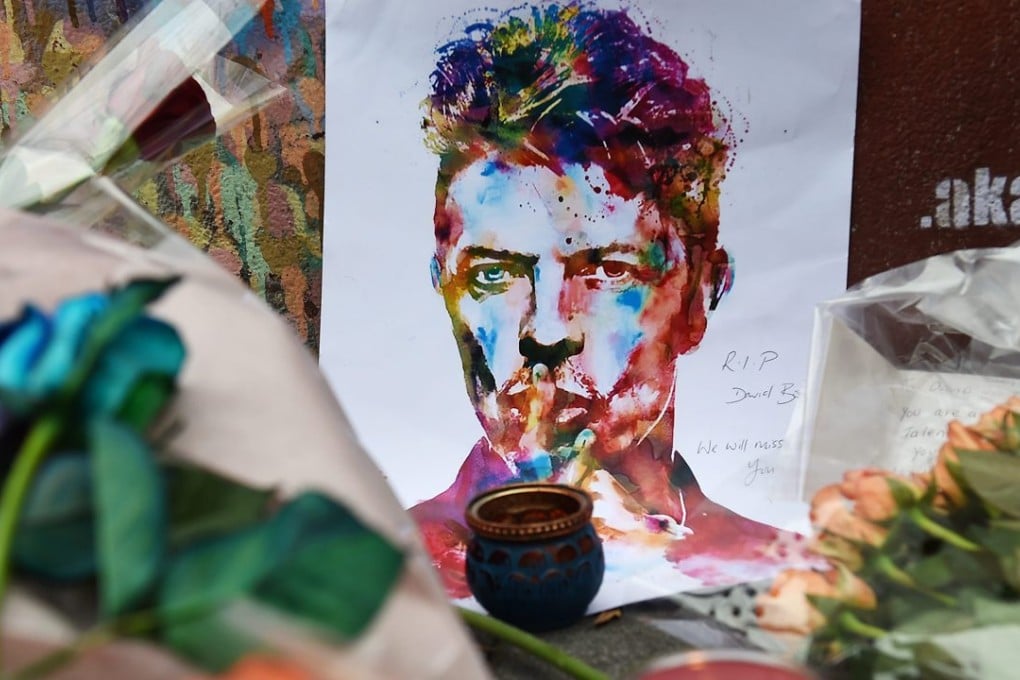My Take | Remembering David Bowie, from a very personal perspective
He was such a great songwriter that no amount of bizarre make-up and weird stage acts and costumes could distract from the brilliance of his songs

One of life’s few pleasures, said Kurt Cobain, the tortured, late genius of Nirvana, was listening to song after song from a great album without having to skip tracks.
For me, David Bowie, who died of cancer aged 69, produced at least two such great albums: Ziggy Stardust and Diamond Dogs. There are books, movies and bands that define one’s youth. Those two albums definitely helped define mine. Diamond Dogs was my introduction to George Orwell. Its theme of fascist totalitarianism preceded Pink Floyd’s The Wall by half a decade.
Ziggy Stardust was supposed to be Bowie’s alter-ego, a rock star in league with aliens or was an alien himself. His androgyny was part of the sexual liberation in the West in the 1960s and 1970s. But all that is now history; what’s left are the album’s great songs, from Starman to Rock’nRoll Suicide. Somehow, I associate other great hits – Space Oddity, Life on Mars, Changes, The Man who Sold the World – with their theme of extraterrestrials, teenage alienation and space travel – with Ziggy Stardust, though they are from different albums; likewise My Death, an anthem of teenage angst and depression.
READ MORE: Music legend David Bowie dies aged 69 after cancer battle
The Ziggy period lasted a decade even after he had abandoned the persona and launched into the annoying funk and disco phase. He later stuff left me cold. But as late as 1980, in Ashes to Ashes, he was still singing: “Major Tom’s a junkie, strung out in heavens high, hitting an all-time low.”

